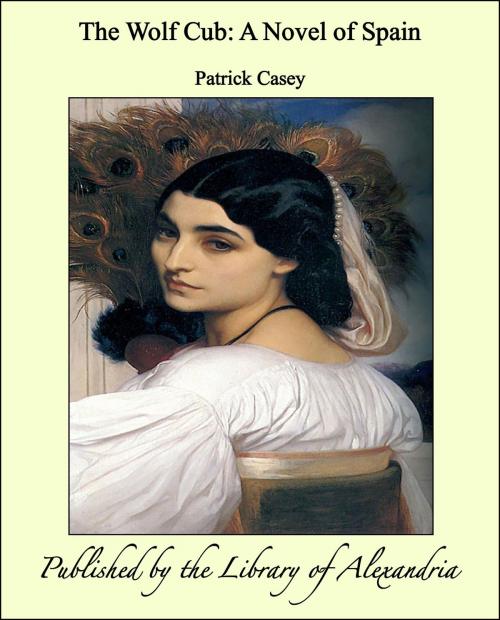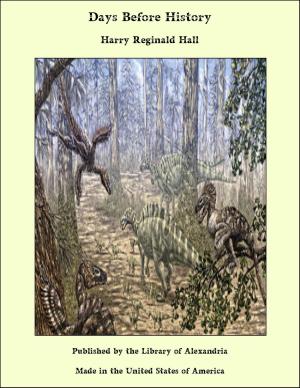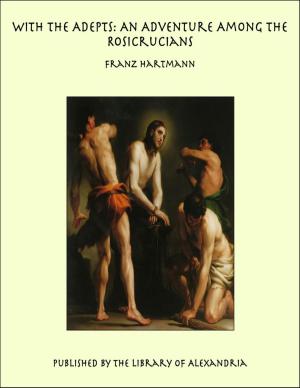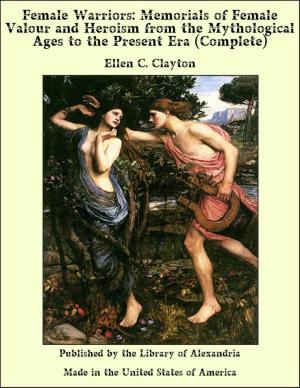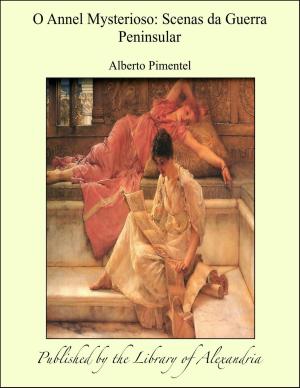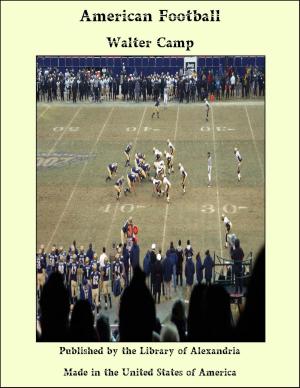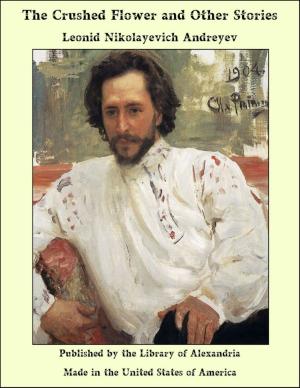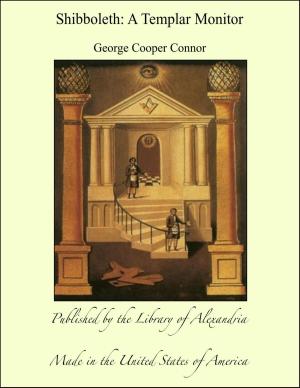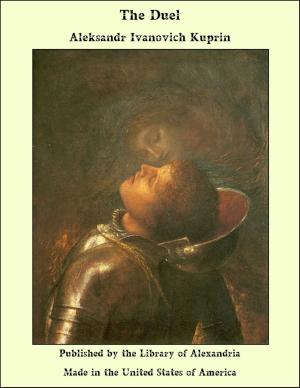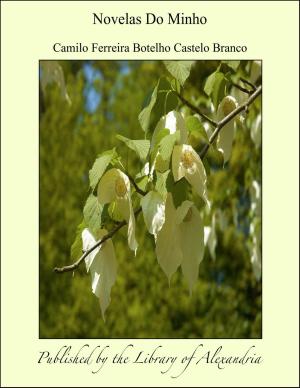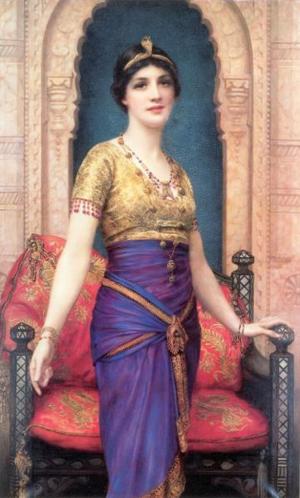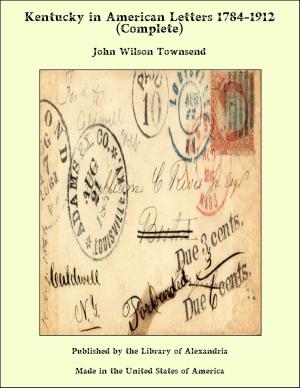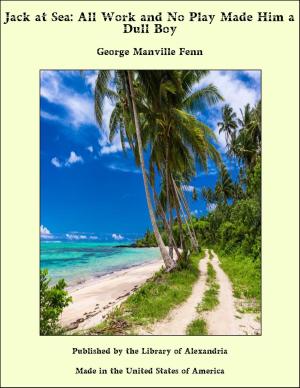The Wolf Cub: A Novel of Spain
Nonfiction, Religion & Spirituality, New Age, History, Fiction & Literature| Author: | Patrick Casey | ISBN: | 9781465562166 |
| Publisher: | Library of Alexandria | Publication: | July 29, 2009 |
| Imprint: | Library of Alexandria | Language: | English |
| Author: | Patrick Casey |
| ISBN: | 9781465562166 |
| Publisher: | Library of Alexandria |
| Publication: | July 29, 2009 |
| Imprint: | Library of Alexandria |
| Language: | English |
When Jacinto Quesada was yet a very little Spaniard, his father kissed him upon both cheeks and upon the brow, and went away on an enterprise of forlorn desperation. On a great rock at the brink of the village Jacinto Quesada stood with his weeping mother, and together they watched the somber-faced mountaineer hurry down the mountainside. He was bound for that hot, sandy No Man's Land which lies between the British outpost, Gibraltar, and sunburned, haggard, tragic Spain. The two dogs, Pepe and Lenchito, went with him. They were pointers, retrievers. For months they had been trained in the work they were to do. In all Spain there were no more likely dogs for smuggling contraband. The village, where Jacinto Quesada lived with his peasant mother, was but a short way below the snow-line in the wild Sierra Nevada. Behind it the Picacho de la Veleta lifted its craggy head; off to the northeast bulked snowy old "Muley Hassan" Cerro de Mulhacen, the highest peak of the peninsula; and all about were the bleak spires of lesser mountains, boulder-strewn defiles, moaning dark gorges. The village was called Minas de la Sierra. The mother took the little Jacinto by the hand and led him to the village chapel. She knelt before the dingy altar a long time. Then she lit a blessed candle and prayed again. And then she handed the wick dipped in oil to Jacinto and said
When Jacinto Quesada was yet a very little Spaniard, his father kissed him upon both cheeks and upon the brow, and went away on an enterprise of forlorn desperation. On a great rock at the brink of the village Jacinto Quesada stood with his weeping mother, and together they watched the somber-faced mountaineer hurry down the mountainside. He was bound for that hot, sandy No Man's Land which lies between the British outpost, Gibraltar, and sunburned, haggard, tragic Spain. The two dogs, Pepe and Lenchito, went with him. They were pointers, retrievers. For months they had been trained in the work they were to do. In all Spain there were no more likely dogs for smuggling contraband. The village, where Jacinto Quesada lived with his peasant mother, was but a short way below the snow-line in the wild Sierra Nevada. Behind it the Picacho de la Veleta lifted its craggy head; off to the northeast bulked snowy old "Muley Hassan" Cerro de Mulhacen, the highest peak of the peninsula; and all about were the bleak spires of lesser mountains, boulder-strewn defiles, moaning dark gorges. The village was called Minas de la Sierra. The mother took the little Jacinto by the hand and led him to the village chapel. She knelt before the dingy altar a long time. Then she lit a blessed candle and prayed again. And then she handed the wick dipped in oil to Jacinto and said
